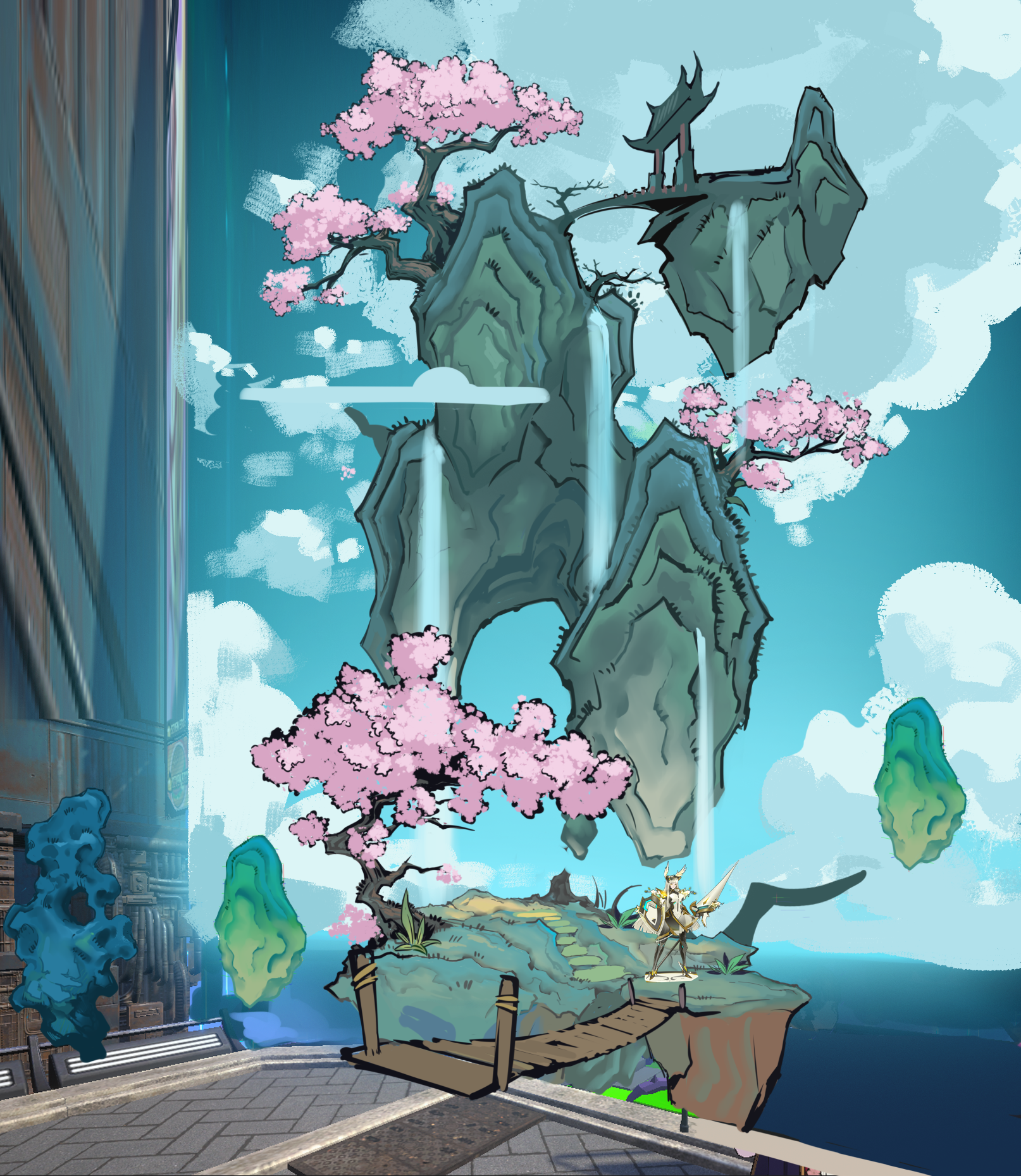
The past decades have witnessed the incredible transformation and evolution of the web; the whole evolving process can be divided into three separate stages: Web1, Web2, and Web3. The origin of the web can be traced back to the 1990s, and Web1 was its first iteration. Most participants were consumers of content during that period, and the creators were typically developers who built websites. We can only take Web1 as the ready-only stage because there are limited chances for the web users to interact with each other. We may imagine Web 1 as a news page where we are just able to read online or an email that we cannot engage but have the ability to reply.
Web2 refers to the internet we're currently using, where users can freely connect and interact with each other. We can even create the contents of various forms on ourselves and share them with users all around the world virtually in an instant. Social media like Twitter and Facebook are common examples of Web2.
But there's a problem - though users have more freedom, they are still included in a highly centralized model where the internet is always dominated by companies that provide services in exchange for users' personal data. This is expected to change in Web3 - a virtual world built upon the core concepts of decentralization, which is the core feature that distinguishes it from Web2. To put it simply, in the world of Web3, common users don't have to sacrifice their privacy, and developers no longer need permissions to use the service. You may regard Web 3 as the real world where everyone can live digitally and everything that you do and gather - belongs to you.
In fact, Project Twelve (P12) foresees the future and is trying to apply the idea of Web3 in the field of the game industry. More specifically, the P12 team aims to build a GameFi ecosystem where Web2 and Web3 players co-exist in a truly sustainable economy.
In the traditional Web2 model, developers' talents are somehow restricted since there are always game companies manipulating the markets for their profits. As a result, mistrust and inflation arise. On the P12 platform, however, developers can decide how to develop their game without limitation, devoting themselves to the realization of the game's true value - just for fun. They may also choose to add tokenization to their games as well. The players are no longer forced to own any assets to play games on the P12 platform and can choose thousands of games to experience and, more importantly, to have fun.
In the long run, the P12 team aims to create a safe and sustainable place where all types of gamers want to spend their time and safely accumulate Metaverse assets that have the potential to yield tangible value. However, there's no doubt that the proper aspect of Metaverse won't exist without GameFi elements and its future development also requires a joint effort.